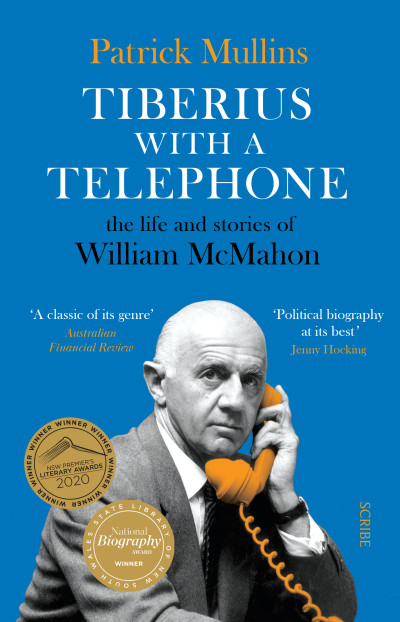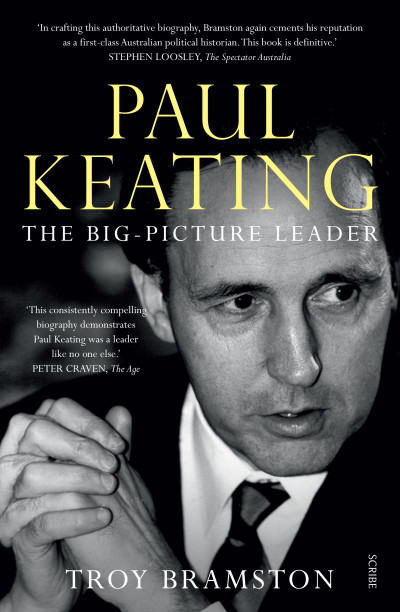The previously untold story of an extraordinary man and a great war photographer.
‘He was a highly accomplished and absolutely fearless combat photographer. Wounded many times and even buried by shellfire, he always came through. At times he brought in the wounded, at other times he supplied vital intelligence of enemy activity. At one point he even rallied troops as a combat officer. His war record was unique.’ — General Sir John Monash, commander, Australian Army Corps
Cameras were banned at the Western Front when the Anzacs arrived in 1916, prompting correspondent Charles Bean to argue continually for Australia to have a dedicated photographer. He was eventually assigned an enigmatic polar explorer?—?George Hubert Wilkins.
Within weeks of arriving at the front, Wilkins’ exploits were legendary. He went ‘over the top’ with the troops and ran forward to photograph the actual fighting. He led soldiers into battle, captured German prisoners, was wounded repeatedly, and was twice awarded the Military Cross?—?all while he refused to carry a gun and armed himself only with a bulky glass-plate camera.
Wilkins ultimately produced the most detailed and accurate collection of World War I photographs in the world, which is now held at the Australian War Memorial. After the war, Wilkins returned to exploring and, during the next 40 years, his life became shrouded in secrecy. His work at the Western Front was forgotten, and others claimed credit for his photographs.
In The Unseen Anzac, Jeff Maynard follows a trail of myth and misinformation to locate Wilkins’ lost records and reveal the remarkable, true story of Australia’s greatest war photographer.
“[This] understated, well-honed biography reveals the maverick, eternally restless Wilkins as a man who refused to define his life through war alone.”
The Saturday Paper
“Hubert Wilkins was one of the most extraordinary individuals Australia has produced…Maynard is a great explorer too, tracking down long-forgotten letters and diaries…A great ride.”
Sunday Territorian













